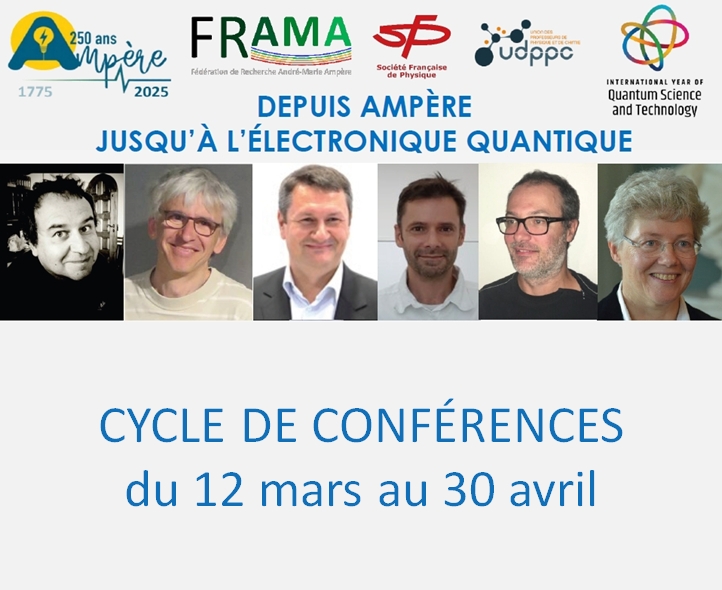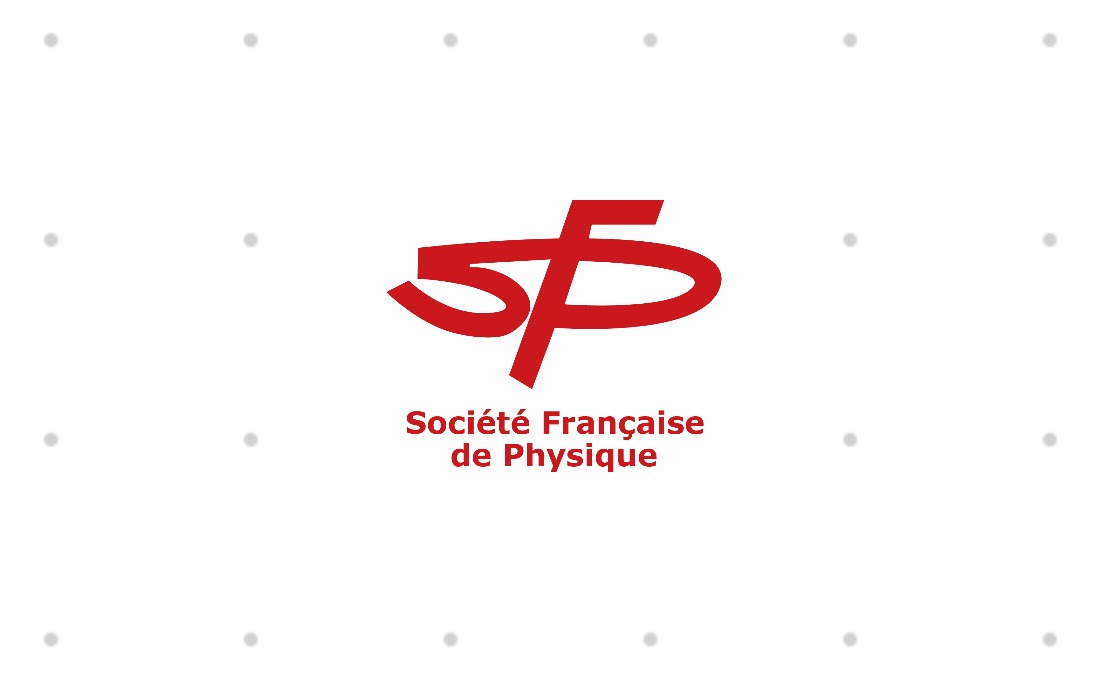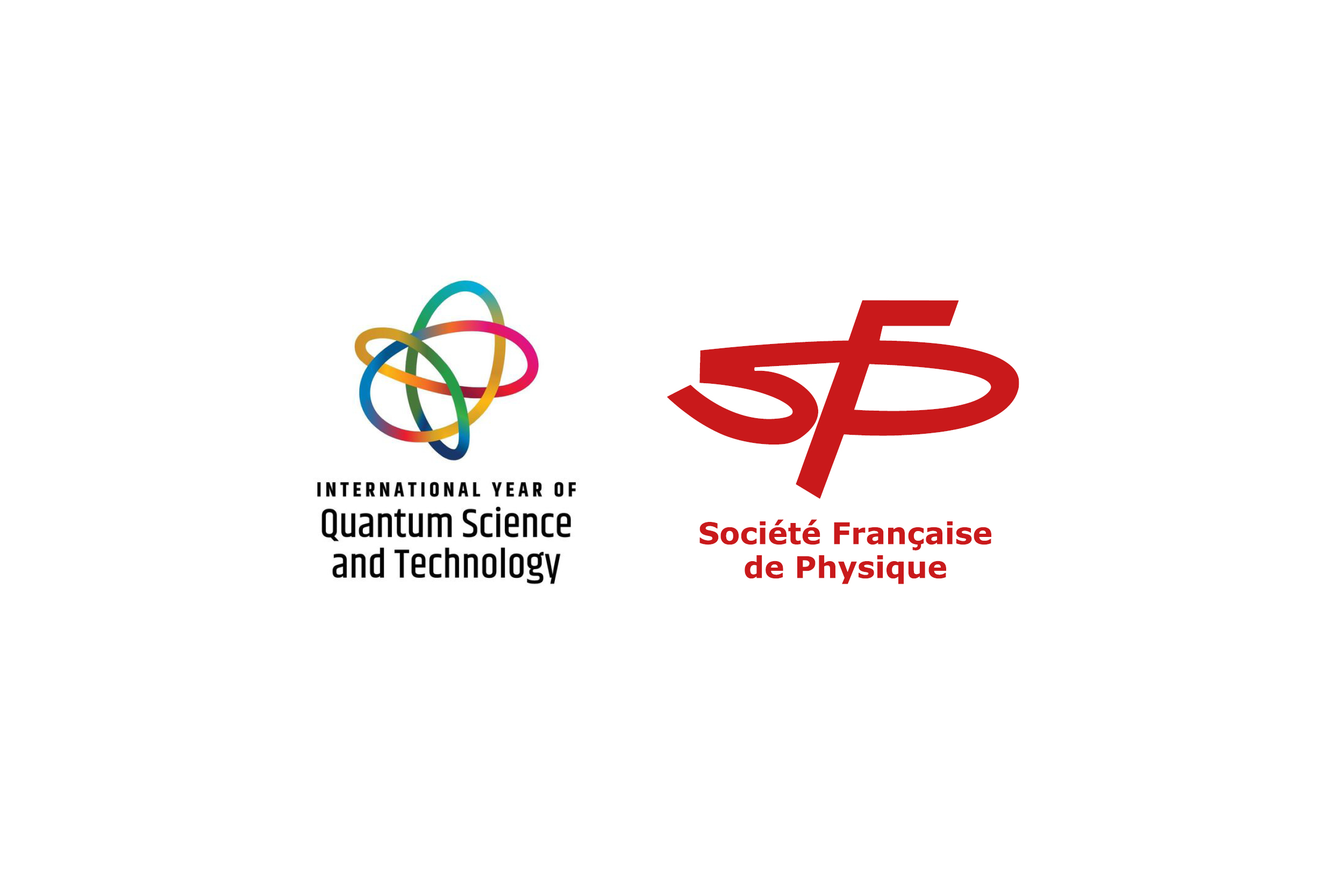EPJ E Special Issue
CALL FOR PAPERS EPJ E Special Issue
"Multi-scale phenomena in complex flows and flowing matter"
We invite you to send your contribution by July 31st, 2015!
Flowing matter lies at the crossroads between industrial processes, fundamental physics, engineering and Earth sciences. Depending on the microscopic mechanisms and correlations, an assembly of molecules or of mesoscopic particles can macroscopically behave like a simple Newtonian fluid, deform elastically like a solid or exhibit complex phenomenology, involving processes such as breakup and/or coalescence. When the internal constituents are active, as for biological entities, collective motions can be observed.
Systems under exam can be at equilibrium, in metastable state or very far from equilibrium, as in the case of turbulent flows.
The Special Issue is open to contributions on topics related to flowing matter, focusing on the coupling between small-scale interactions and large-scale behaviour. The problems we like to address are characterized by diverse nano and microscales (down to the atomistic level), mesoscopic collective behaviour and hydrodynamical spatio-temporal evolutions with complex rheology and strong non-equilibrium properties. From nano to macro scales, the interplay of the dynamics at the different scales still remains challenging. Its understanding requires finding solutions to several difficult open problems: new ideas cross-connecting statistical modeling, experimental and numerical investigations are needed.
We invite you to send papers for consideration to the Editorial Office of EPJE https://articlestatus.edpsciences.org/is/epje(or by email to epje@edpsciences.org. Submissions should be clearly identified as intended for the Topical Issue “Multi-scale phenomena in complex flows and flowing matter”, and marked for the attention of the Guest Editors.
Please note that all contributions must be received no later than July 31st, 2015.
We look forward to receiving your submission!
Best regards,
Luca Biferale, Dipartimento di Fisica Università di Roma "Tor Vergata"
Massimo Cencini, Istituto dei Sistemi Complessi, CNR Roma
Alessandra Lanotte, Istituto di Scienze dell'Atmosfera e del Clima, CNR Lecce
Mauro Sbragaglia, Dipartimento di Fisica, Università di Roma "Tor Vergata"
Article posté le 20/05/2015


